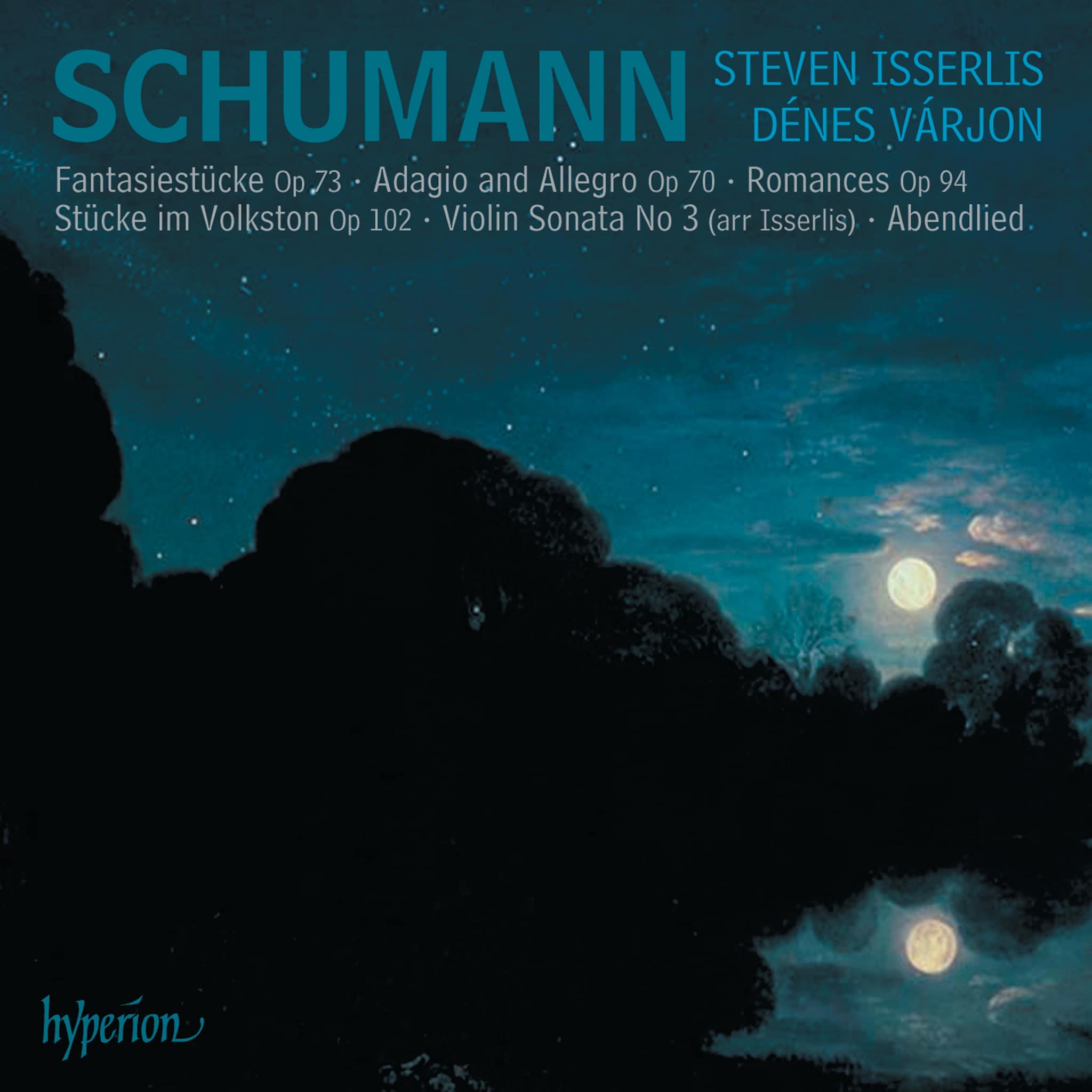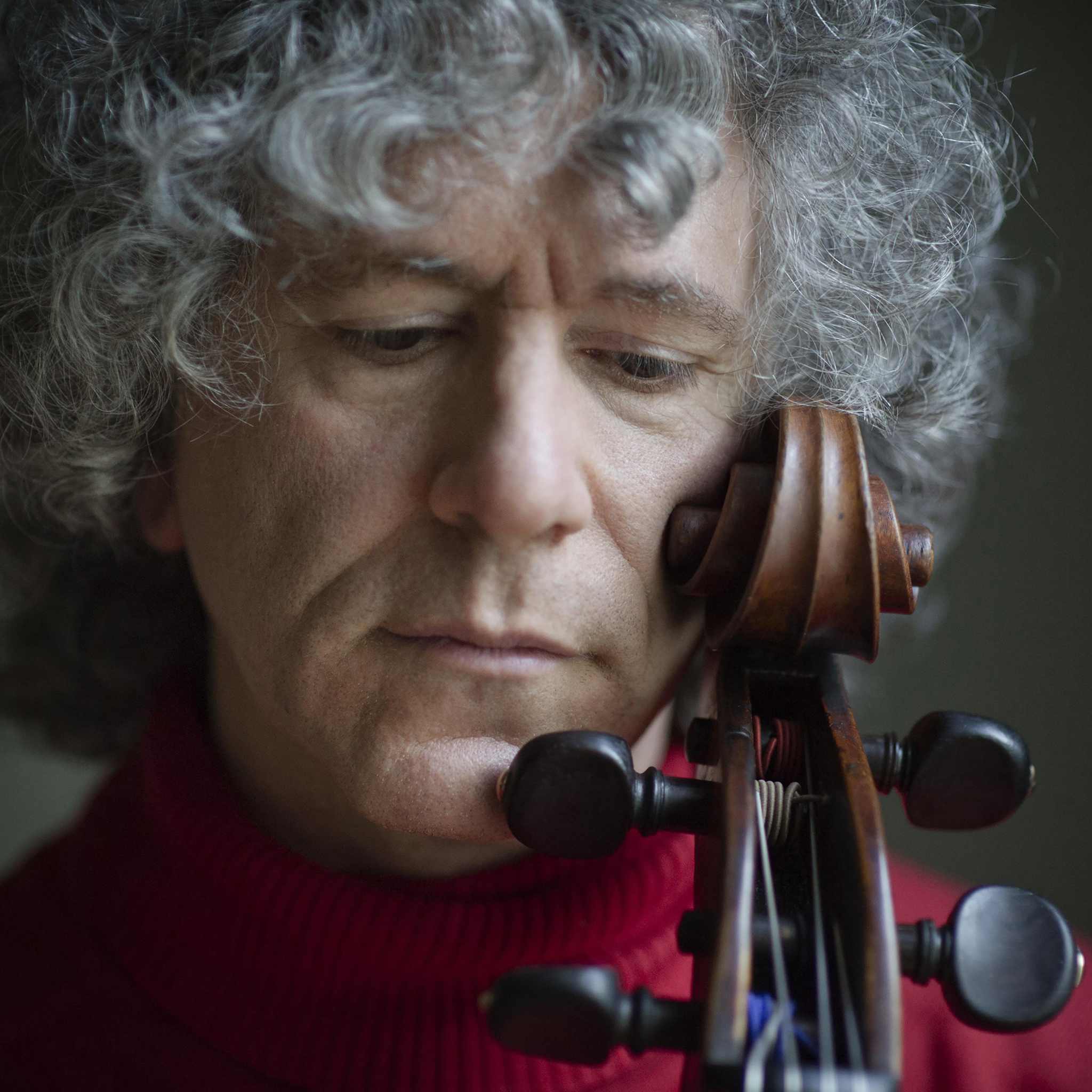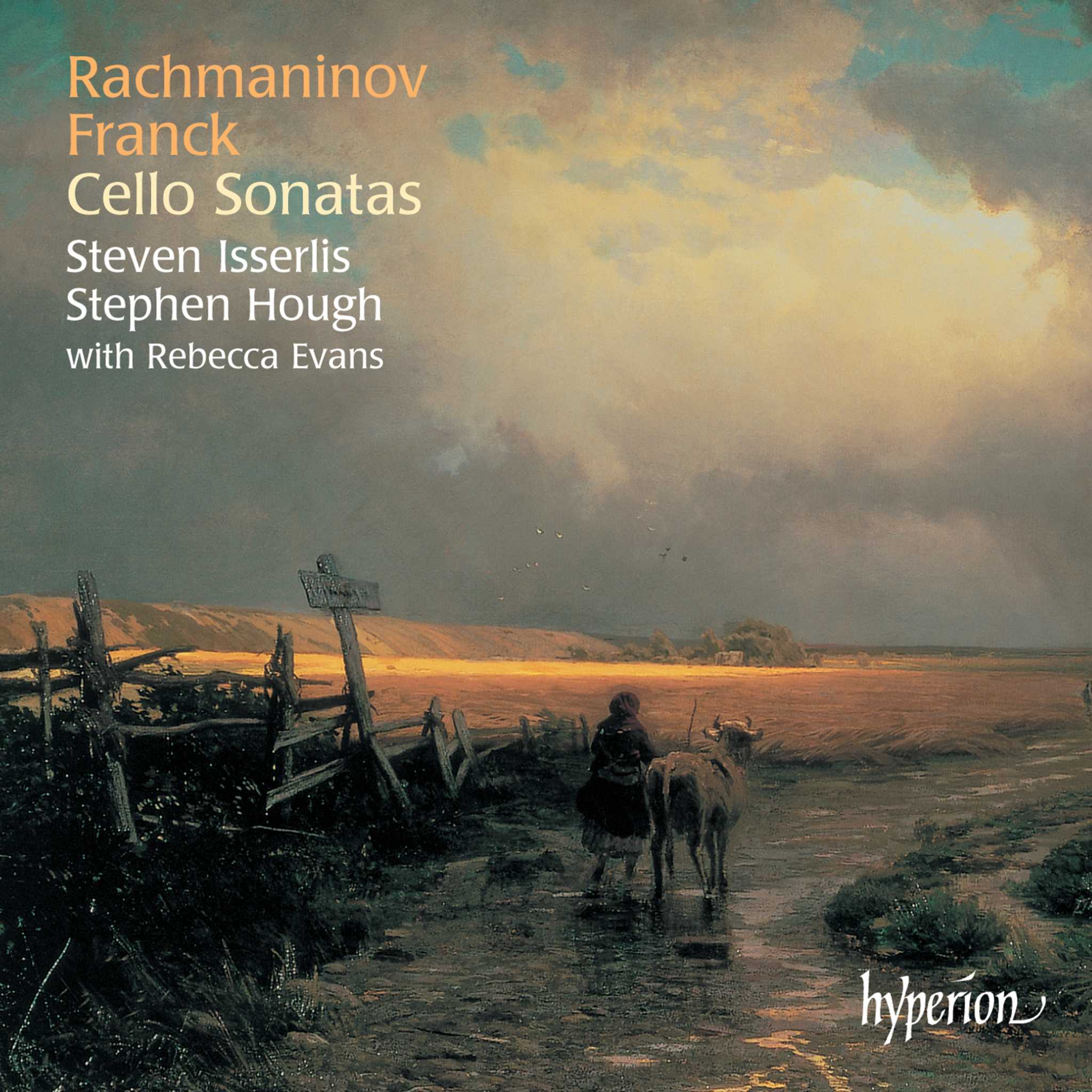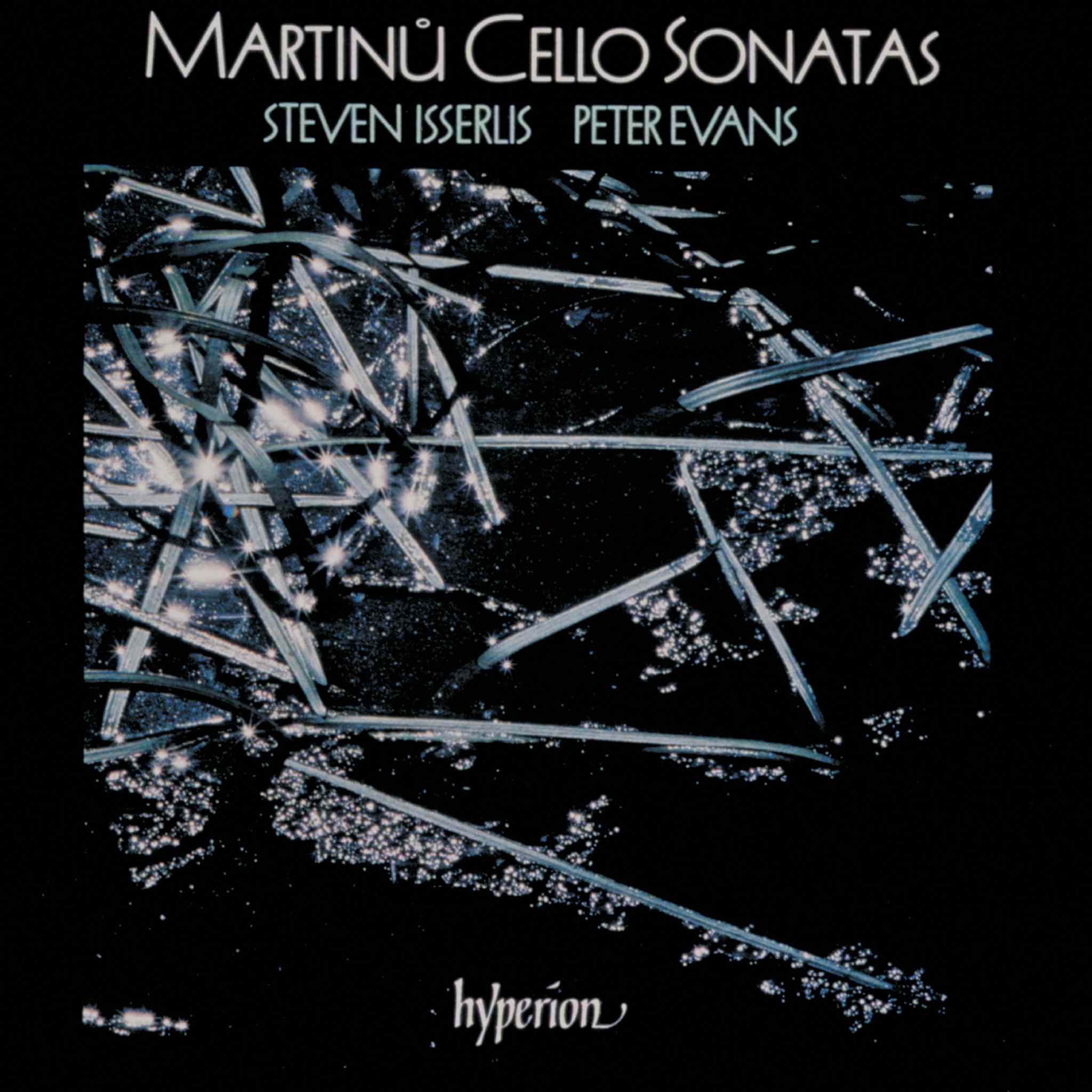Schumann hatte eine innige Verbindung zum Violoncello, welches er während seiner jungen Jahre spielte. Als er mit zweiundzwanzig Jahren wegen eines Handunfalls seinen Traum vom Klaviervirtuosen aufgeben musste, erwog er, wieder zum Cello zu greifen. "Ich möchte das Violoncello wieder aufnehmen (man braucht dafür nur die linke Hand) und es wird mir beim Komponieren von Symphonien sehr nützlich sein", schrieb er an seine Mutter. Seine Zuneigung zum Instrument spiegelt sich deutlich in den Cellopartien seiner vier Symphonien wider, sowie in den Konzerten für Klavier und Violine und natürlich in seiner gesamten Kammermusik.
Bedauerlicherweise hinterließ Schumann nur wenige Originalwerke für Solocello: sein Konzert aus dem Jahr 1850, die fünf Romanzen von 1853 (die etwa vierzig Jahre nach ihrer Entstehung von seiner Witwe Clara vernichtet wurden) und die Stücke im Volkston. Glücklicherweise erlaubte Schumann den Cellisten, seine Fantasiestücke Op. 73 für Klarinette und das Adagio und Allegro Op. 70, ursprünglich für Horn, auf dem Cello vorzutragen. Sicherlich hätte er auch nichts dagegen gehabt, wenn die Romanzen für Oboe, Op. 94, eine Oktave tiefer gespielt würden.
Vier der Werke stammen aus dem Jahr 1849, als Deutschland von revolutionären Unruhen erschüttert wurde und Schumann mit seiner Familie in Bedrängnis geriet. In dieser unruhigen Zeit fühlte sich Schumann von äußeren Turbulenzen getrieben, die ihn dazu brachten, nach innen zu schauen. Er suchte in seinen Träumen ein Gegengewicht zur bedrohlichen Außenwelt. Es wirkte, als ob die äußeren Umstände die Menschen zwangen, sich in ihr Inneres zurückzuziehen – eine Erfahrung, die Schumann zutiefst vertraut war und die sich in seinen Kompositionen widerspiegelt.












